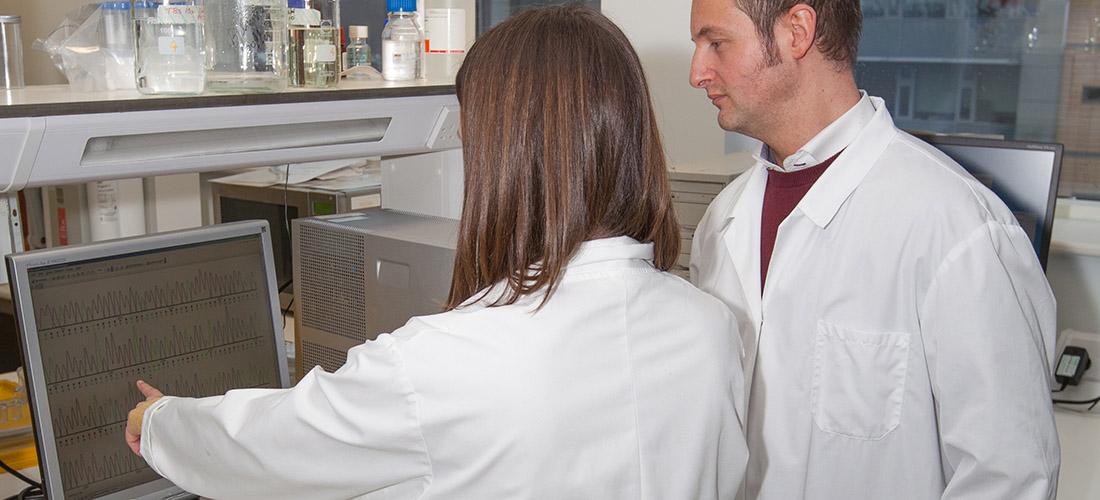Course Overview
Genomics is set to play a pivotal role across various dimensions of healthcare, creating a global demand for proficient graduates capable of implementing genomic advancements in the healthcare system, pharmaceutical industry, and the broader biomedical sector.
This course is designed to equip students from diverse academic and workplace backgrounds with the fundamental knowledge and skills to understand and interpret genomic data to improve patient diagnosis, treatment, and care.
Each module is designed to give the student the latest information regarding the use of genetics and genome sequencing and its application within the clinical setting and medical research. The programme will be delivered by academic researchers and clinicians, experts in the field of genomics, with all topics based upon evidence-based learning and practice.







